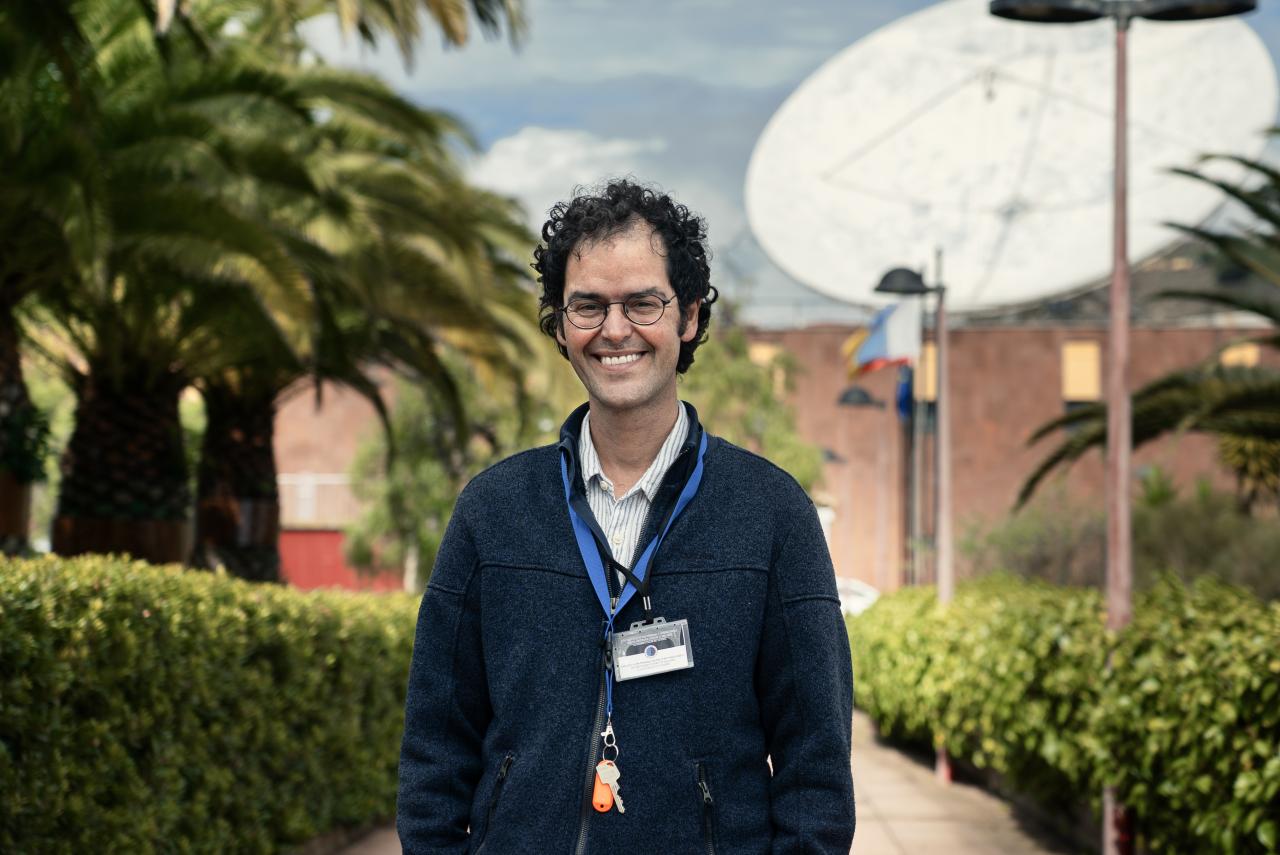Jorge Peñarrubia is a professor at the Royal Observatory Edinburgh in the United Kingdom. He did his undergraduate studies in Valencia, and his PhD in Heidelberg. He was a postdoc at the MPIA (Germany), Victoria (Canada) and Cambridge (UK). He was a Ramon y Cajal fellow at the IAA (Spain) before moving to Edinburgh.
Jorge has been deeply involved in the study of Dwarf spheroidal galaxies (dSphs), which are the most dark matter (DM)–dominated galaxies in the known Universe and, as such, play a fundamental role in the study of dark matter models.
A key prediction of the current cosmological paradigm, the Cold Dark Matter (CDM) model, is the existence of a large number of self-gravitating dark matter clumps at scales down to masses comparable to those of planets (10⁻⁶ M☉), commonly referred to as subhalos. The minimum clustering mass is determined by the mass of the dark matter particle candidate.
To date, it remains unknown to what extent the predicted presence of subhalos in dSphs may affect the dynamics of stars within these systems.
During his stay at the IAC, Jorge will perform controlled N-body simulations of Milky Way dwarf spheroidal galaxies embedded in dark matter halos containing a large population of subhalos, with mass functions and spatial distributions predicted by cosmological simulations.
There are two major unknowns in this project:
- The number of subhalos that satellite galaxies can retain within the Milky Way’s tidal field up to the present day. To address this question, I will carry out simulations of several Milky Way dSphs with known orbits in our galaxy’s gravitational potential.
- The degree to which stars are embedded within the dark matter halos of dSphs. To tackle this issue, I will consider CDM halos that reproduce the observed velocity dispersions and mean luminosity radii of Milky Way dSphs.
This topic connects with several ongoing research lines at the IAC, including the dynamical modeling of dark matter–dominated galaxies, the detection of extremely faint satellite galaxies, and the implications for the quantum properties of dark matter particles.

